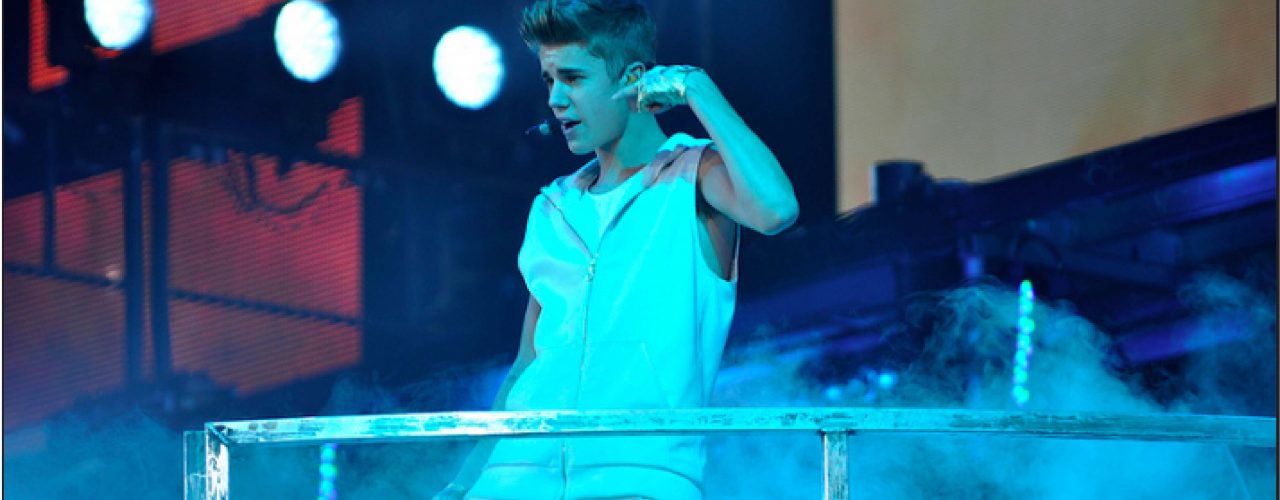
Pop star Justin Bieber just signed a lease for a California rental home, committing to a cool $100K in rent per month.
Cue the jaw drop.
Now it’s not that he can’t afford it. The international icon boasts a net worth upwards of $265 million, so $1.2 million a year isn’t technically breaking the bank.
But will it mean financial losses for the Bieb in the long run? If he stays there long enough, you bet it will. According to Realtor.com, Bieber would break even on buying a $10 million L.A. mansion in just two years. Anything after that, and he’d be throwing his rent money down the gold-gilded drain.
The Rent vs. Buy Dilemma
The Bieber scenario just proves that an old-fashioned rent vs. buy analysis is vital no matter what you rake in annually — or where you’re living. Even in a costly market like Los Angeles, Bieber stands to gain by buying his home rather than renting one.
He’d not only save cash if he stayed long enough, but he’d also have a home base — something a person used to hotel living and constant travels would likely revel in.
But the answer to the renting vs buying dilemma isn’t the same for everyone. Some people may actually come out on top in a rental situation — even one as pricey as Bieber’s. And that’s why a thorough analysis is so important.
A good rent vs. buy analysis should take into account:
- Monthly costs – Ideally, you don’t want your housing costs to take up more than 30% of your monthly income, so go ahead and crunch the numbers. What would monthly rent cost you in your area? Compare that to a monthly mortgage payment at the going interest rate. Use this calculator for help, and be sure to factor in taxes and insurance, too. Which is more affordable? Do they both fall under the 30% threshold?
- Savings – You’ll need up-front cash no matter what. For a rental, you’ll need a security deposit and maybe a few months’ rent. If purchasing a home, you’ll need enough to cover a down payment and closing costs. Now, you don’t need 20% like the old wive’s tale says, but a down payment will likely cost more than a security deposit. Make sure you have the savings to cover those expenses without hurting your cash flow.
- Length of stay – How long do you plan to stay in the area? Renting may work in your favor if you’re only around a short while. If you plan to be there for years to come, buying will likely save more cash (or even make you some) in the long run. With renting, your monthly payments go toward your landlord’s mortgage. When you buy, those payments gives you a direct stake in your home — meaning more profits when it comes time to sell. Be sure to factor in your future plans, too. Are kids or marriage in the future? You might need to move for additional space sooner than you think.
- Credit – Both a landlord and a mortgage lender will look at your credit, but it likely won’t impact your payment unless you purchase a property. If your credit is in a good place (600 or above), then you’ll likely get a prime rate and a low monthly mortgage payment. If there’s room for improvement, you might save cash by renting for a while, boosting your score and applying for a mortgage at a later date. Be sure to pull your free annual credit report to get a feel for where you’re at before making a decision.
- Tax savings – There are several tax benefits that come with a home. For one, you can deduct mortgage interest and property taxes — meaning a lower tax burden on the whole. You also may be exempt from gains taxes when you sell the property, another great way to save. None of these benefits are available for renters.
At the end of the day, the right choice in the rent vs. buy dilemma is personal and very dependent on your own unique situation, goals and finances. Want help determining what the best decision is for your household? Fill out this quick form for a free, personalized rent vs. buy analysis. We’re here to help.


